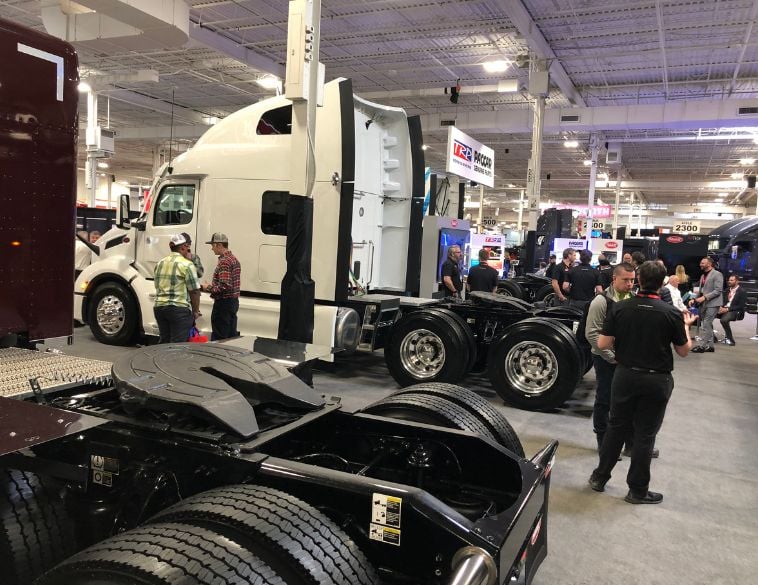Mercedes-Benz’ new VP offers a glimpse into a future where fleets are cleaner and more connected.
Last year, Christian Pohl joined the Mercedes-Benz Vans Canada team as the new VP. Pohl comes to Canada with extensive commercial vehicle knowledge, and with lessons learned from almost two decades of product experience in the European market.
Pohl started his career in 2003 at the DaimlerChrysler in Berlin. Between 2003 and 2010, he took on various positions within the Commercial Vehicle Sales division, and in 2010, he moved to Stuttgart to take over the position of Marketing Manager and Product Management of the Viano and V-Class. Since 2015, he has held the position of Head of Marketing and Product Management for the brand’s Mid-Size Pickup.
With his experience and insight into the evolution of commercial vans and trucks, Pohl is able to offer the inside scoop on what Canadian fleets will likely be driving in the future.
Electrification
While the industry as a whole is embracing the idea of electrification, many wonder if we’ll ever get to the point where Canadian fleets will be investing in electric trucks and vans.
“I believe there is a market for electrified vans in Canada,” Pohl says. “We’re looking into that possibility for the Canadian market, but we want to make sure we have the right products to offer our customers before launching.”
Already available in Europe, electric vans are on display at conferences and expos. “We have customers driving these vans in parts of Europe,” Pohl says. “The Metris is known as Vito in Europe and they are running in pilot fleets.”
These electric vans are in the analysis stage of a planned rollout. Mercedes-Benz is working with some of its key customers in order to see how these vans best fit into the overall fleet picture. “We know what’s working, what needs to be improved and how these vans fit our customers’ fleets,” Pohl adds.
Infrastructure, Pohl explains, is going to be key for the success of electric vehicles. This needs to be addressed here in Canada before manufacturers start rolling out electric vans and trucks to the masses. Europe seems to be addressing the infrastructure question more aggressively, which is why electric vans are already making inroads in some European markets.
Connectivity
Another key area of technological advancement is connectivity, and Pohl believes it has the potential to dramatically change the way fleets are managed.
“Linking the vehicle with the fleet management system and dealership is key,” Pohl says, “so that the vehicle notifies the driver in real time when it needs to go in for service, and which part of the vehicle needs to be serviced.”
One key element to a vehicle’s overall connectivity will be 5G, Pohl believes. This leap in data sharing abilities will allow vehicles to communicate with their owners, with dealers, with the infrastructure and with other vehicles in a way that will improve safety and efficiency.
With all this change on the horizon, Pohl says we can be sure of one constant. “What will not change is the need for trucks and vans in the fleet business,” he says. “That’s because companies like Amazon are growing and their needs are increasing. People want to shop online and on the go, which means goods will be needed to be delivered to customers across Canada. This is an exciting time.”



